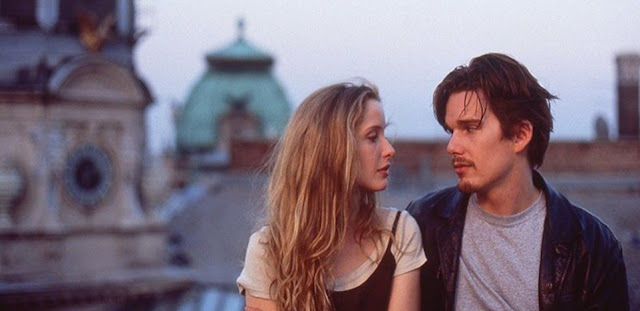Fantine #atozchallenge
Fantine is a fictional character created by Victor Hugo, in
his 1862 novel Les Miserables. She’s a factory worker, and becomes a reluctant
prostitute to cater to the needs of her daughter, Cosette.
She is pretty, innocent and naïve orphan at first, but is
forced by circumstances to sell her hair and teeth and become a prostitute. In
the process she loses her beauty and her health, but proves to be a good
mother. But unknown to her the fraudulent caretakers of Cosette extorted money
from her for themselves. After Fantine’s untimely death, Cosette is rescued and
raised by Valjean, the main protagonist of this tale.
Les Miserables is a long story. An epic tale spanning years.
I have not read the book but I really liked the movie. It vividly shows the
beauty of poetry and expression of various feelings through the verses. I love
the words, the rhythm, and the rhyme. It feels poetic way of conversing is the
only natural way; talking and prose just corrupt it. That’s why we learn
nursery rhymes and songs and remember it almost our whole lives.
This story, set in the backdrop of the French Revolution is
meant to be remembered by people, make an impact and be in their living
memories. And it completely achieves its aim.










Comments
Post a Comment